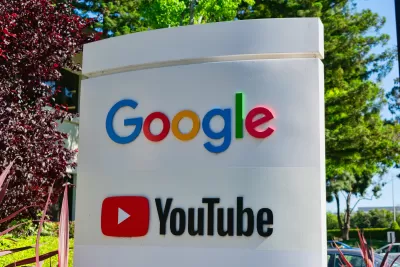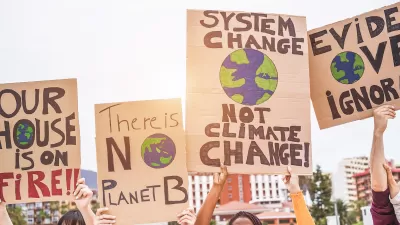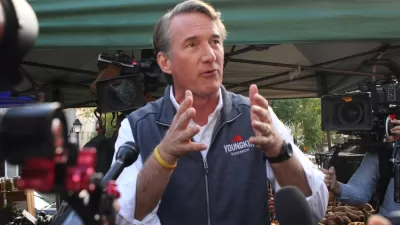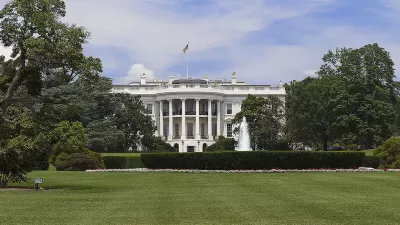The good news is the climate movement is winning the argument that climate change is happening; the bad news is the deniers have a new strategy.

Over the past few years, climate deniers have changed tactics. “Where once climate deniers would outright reject climate change as a hoax or scam, or claim that humans were not responsible for it, many are now shifting to a different approach, one which attempts to undermine climate science, cast doubt on climate solutions and even claim global warming will be beneficial at best, harmless at worst,” reports Rachel Ramirez of CNN.
The nonprofit Center for Countering Digital Hate (CCDH) calls this trend “new denial” and says the shift in narrative could be helping YouTube creators get around the platform’s existing ban on monetizing traditional climate denial. “New denial” content has doubled since 2018 and now makes up 70 percent of all climate denial claims posted on YouTube, according to the report.
In some ways the report is a success, Imran Ahmed, chief executive officer and founder of CCDH, told CNN. “The climate movement has won the argument that climate change is real, and that it is hurting our planet’s ecosystems.” But he said it’s also a warning, as the new narrative that the solutions don’t work “could hold enormous influence over public opinion on climate action for decades to come.”
Considering YouTube’s global reach and popularity with young people, this could have major implications as planners, local officials, and advocates in communities across the country seek to advance climate action.
CCDH and other organizations are calling on YouTube and Google to boost their policies to prevent bad actors from monetizing this “new denial” content like it does the “old denial” content.
FULL STORY: What is ‘new denial?’ An alarming wave of climate misinformation is spreading on YouTube, watchdog says

Planetizen Federal Action Tracker
A weekly monitor of how Trump’s orders and actions are impacting planners and planning in America.

Congressman Proposes Bill to Rename DC Metro “Trump Train”
The Make Autorail Great Again Act would withhold federal funding to the system until the Washington Metropolitan Area Transit Authority (WMATA), rebrands as the Washington Metropolitan Authority for Greater Access (WMAGA).

The Simple Legislative Tool Transforming Vacant Downtowns
In California, Michigan and Georgia, an easy win is bringing dollars — and delight — back to city centers.

The Small South Asian Republic Going all in on EVs
Thanks to one simple policy change less than five years ago, 65% of new cars in this Himalayan country are now electric.

DC Backpedals on Bike Lane Protection, Swaps Barriers for Paint
Citing aesthetic concerns, the city is removing the concrete barriers and flexposts that once separated Arizona Avenue cyclists from motor vehicles.

In These Cities, Most New Housing is Under 441 Square Feet
With loosened restrictions on “micro-housing,” tiny units now make up as much as 66% of newly constructed housing.
Urban Design for Planners 1: Software Tools
This six-course series explores essential urban design concepts using open source software and equips planners with the tools they need to participate fully in the urban design process.
Planning for Universal Design
Learn the tools for implementing Universal Design in planning regulations.
Smith Gee Studio
City of Charlotte
City of Camden Redevelopment Agency
City of Astoria
Transportation Research & Education Center (TREC) at Portland State University
US High Speed Rail Association
City of Camden Redevelopment Agency
Municipality of Princeton (NJ)





























